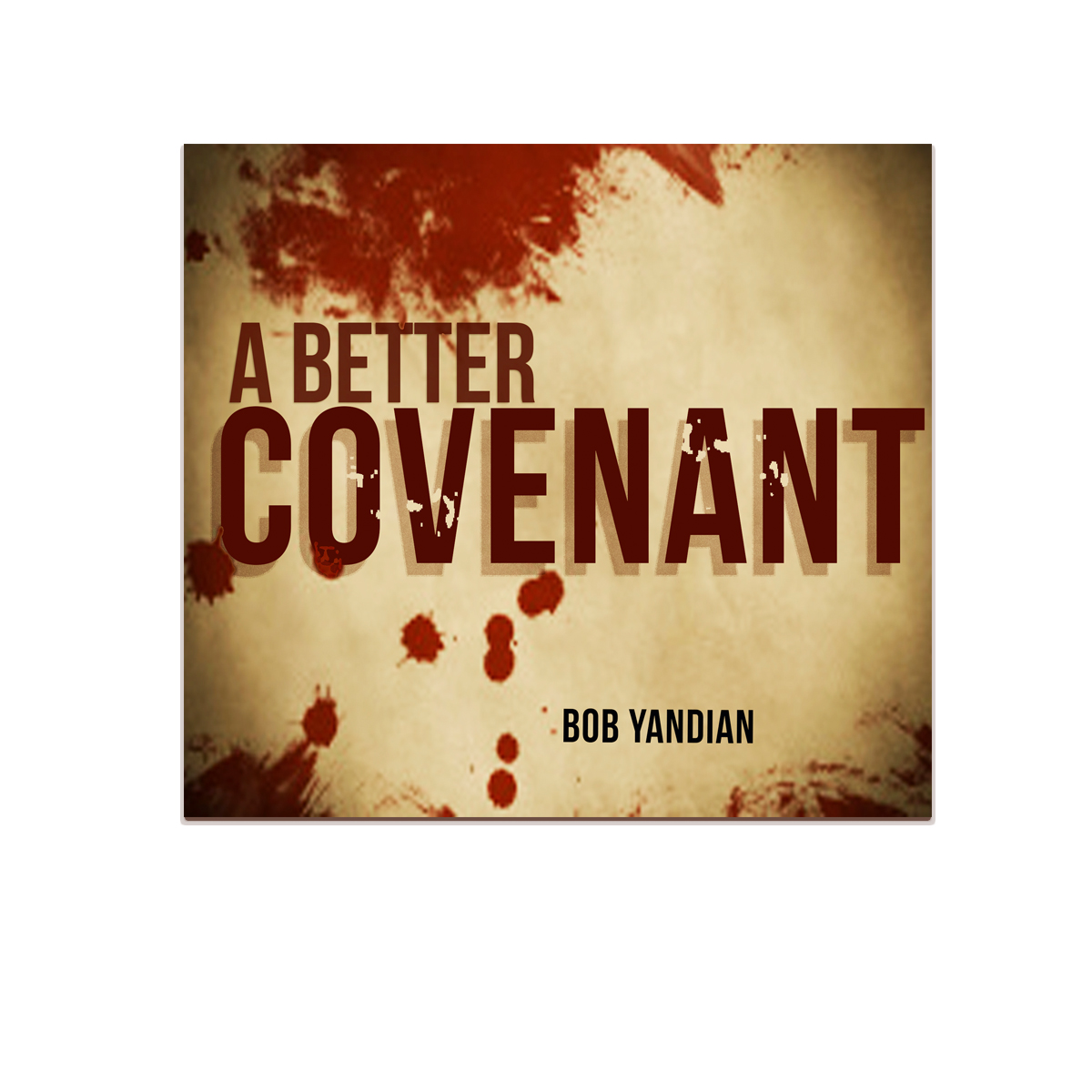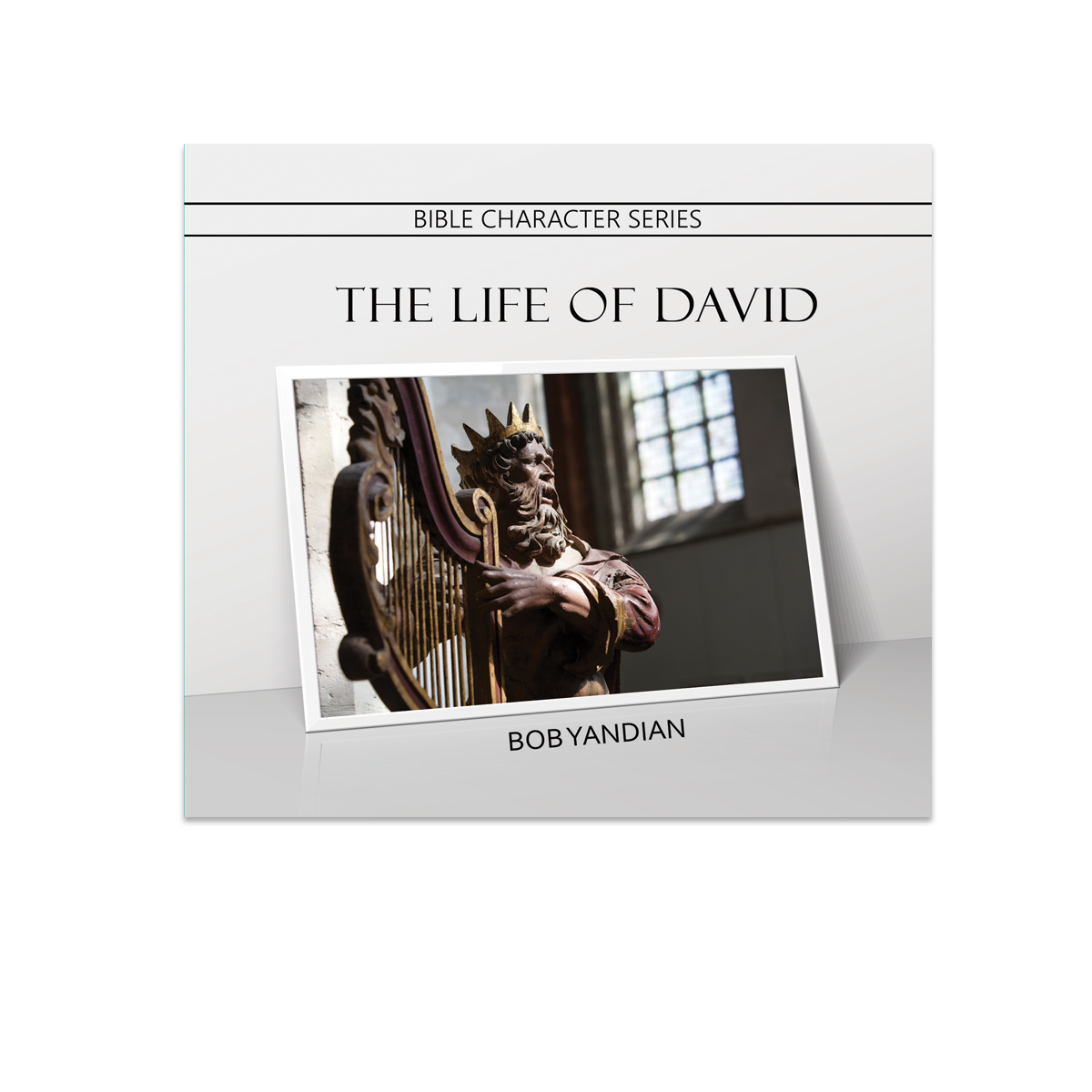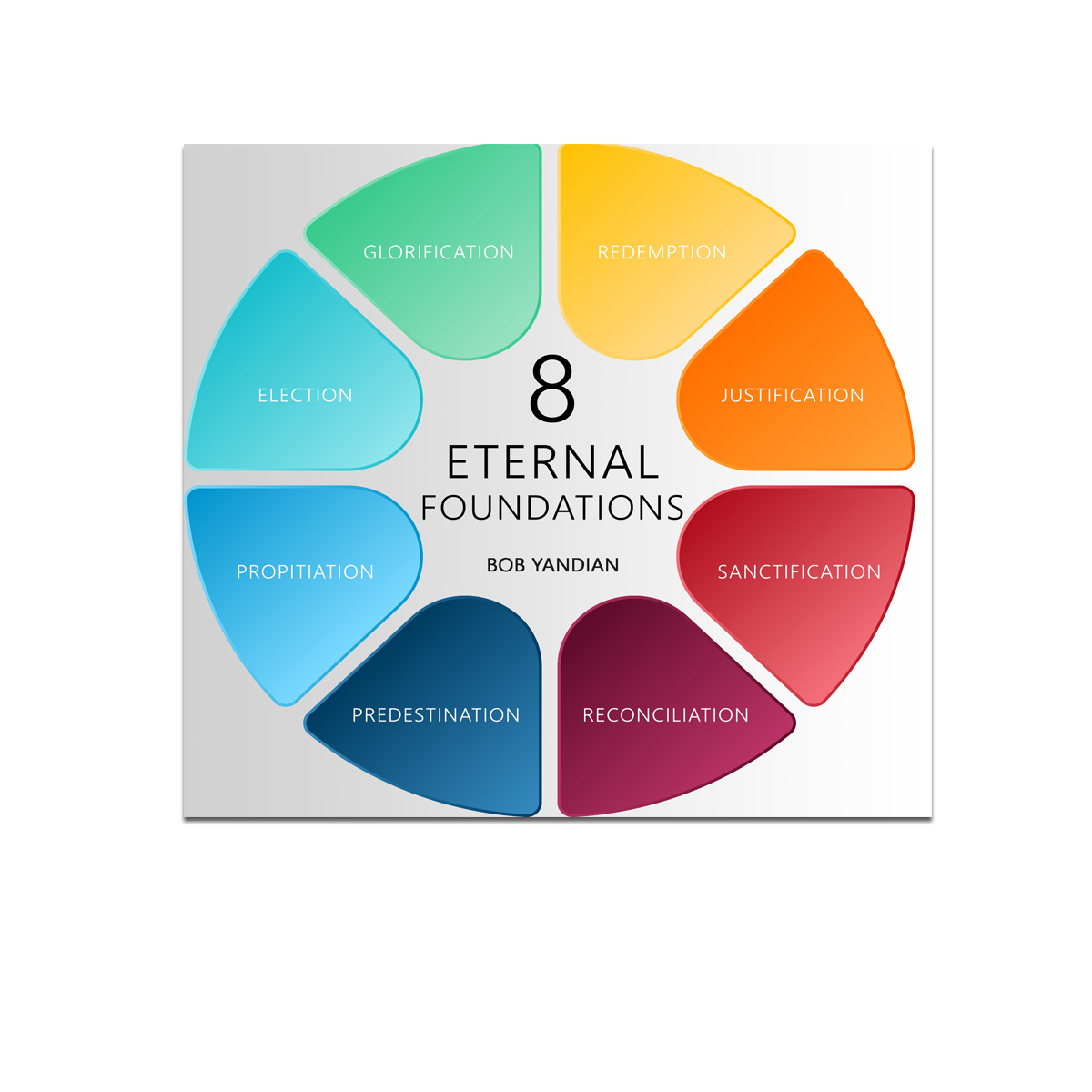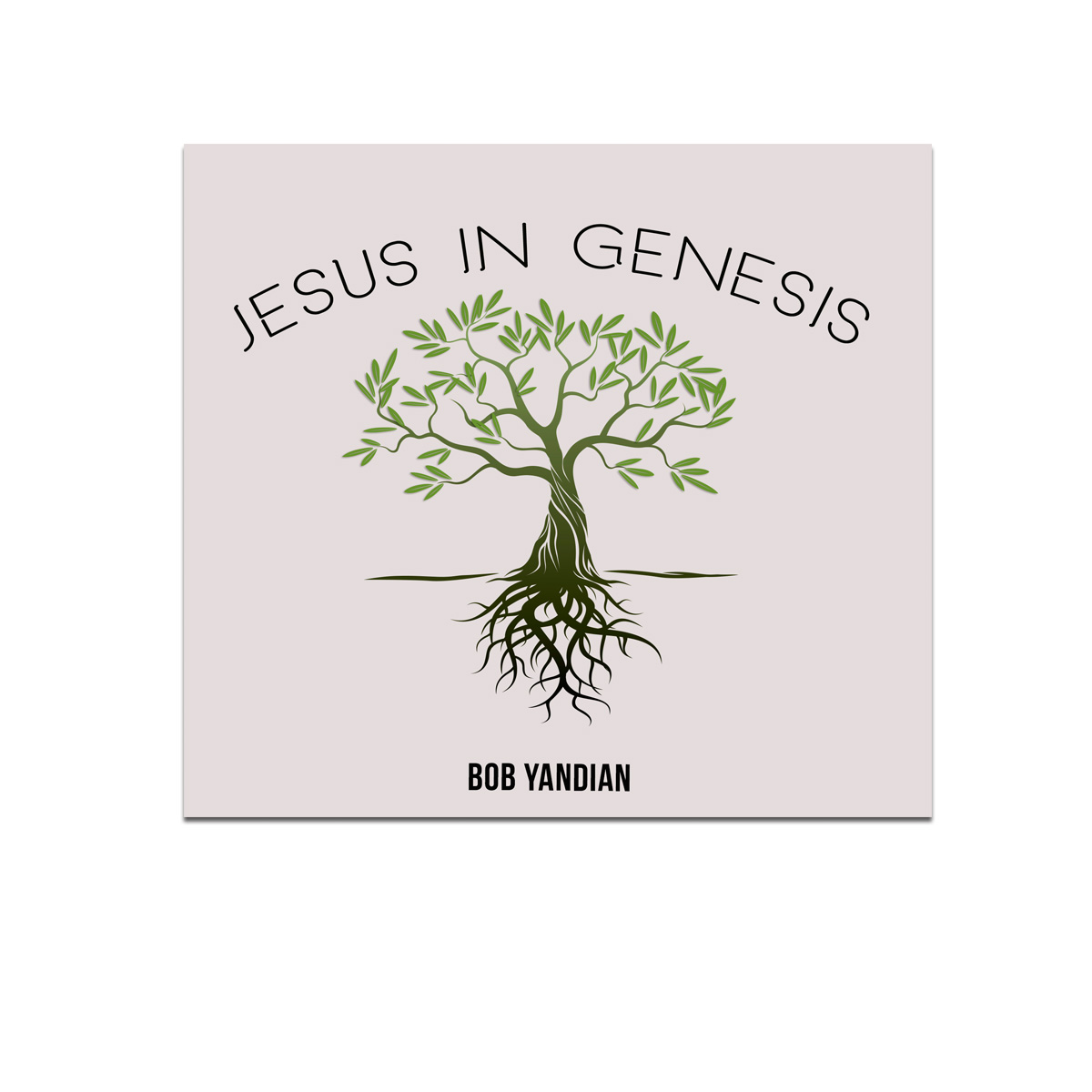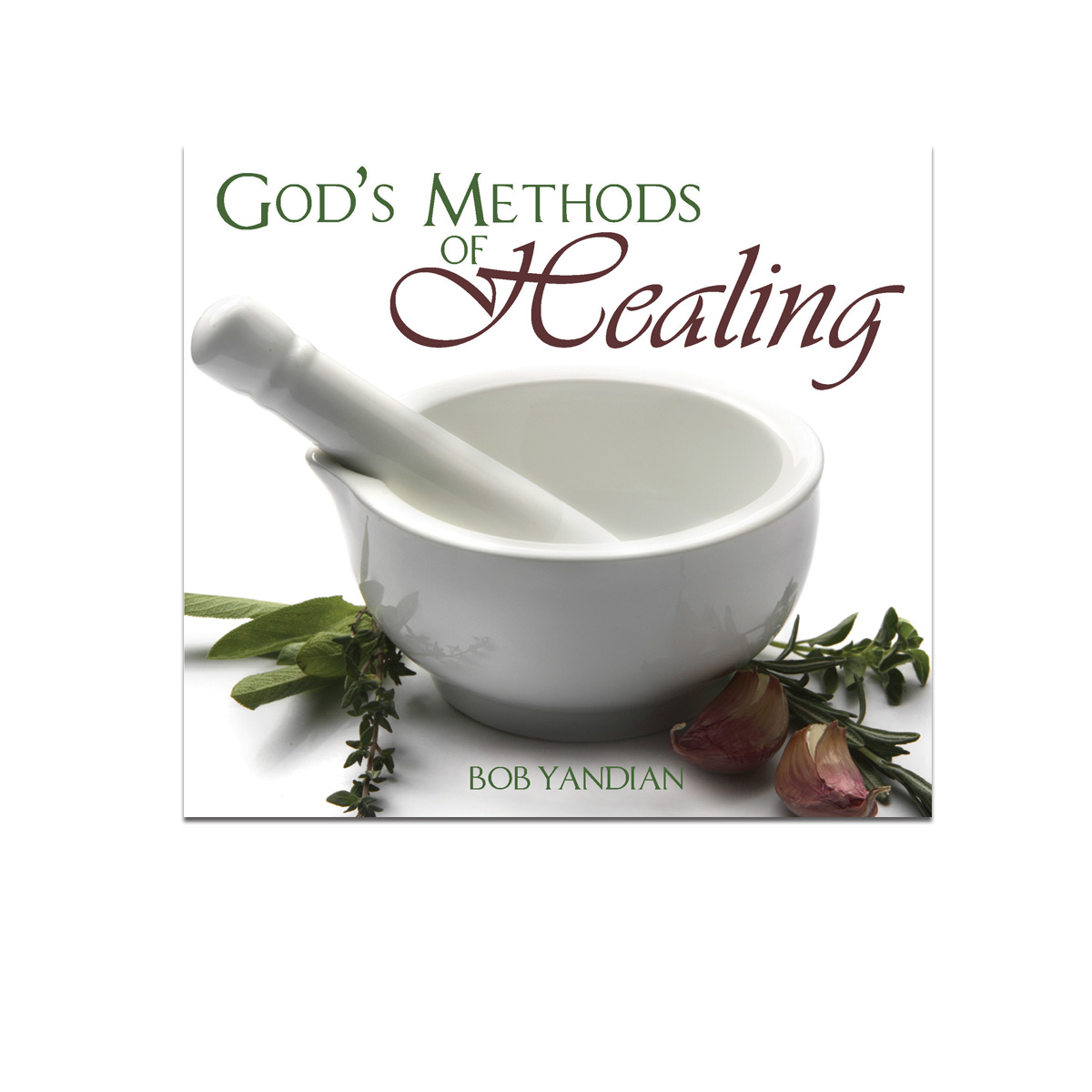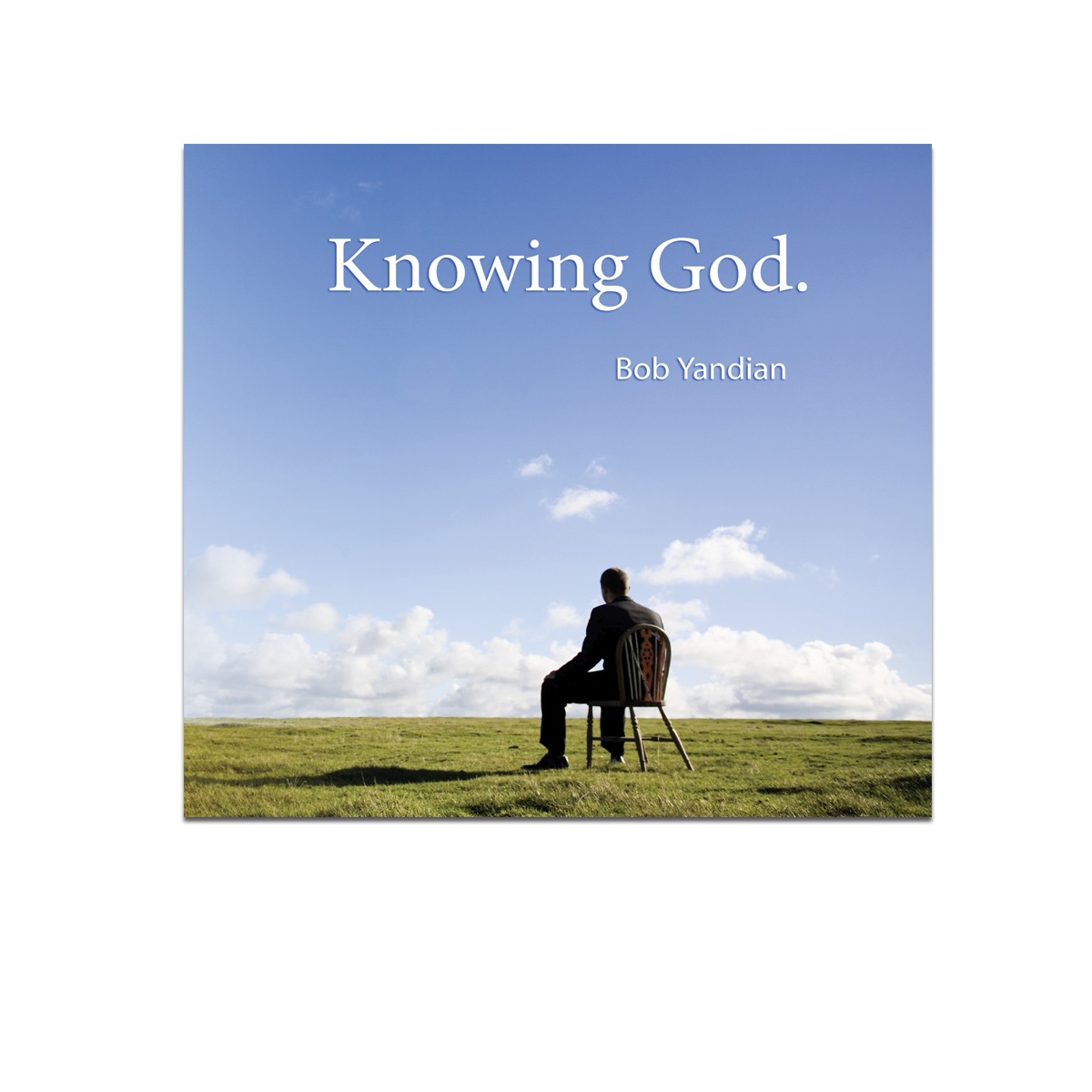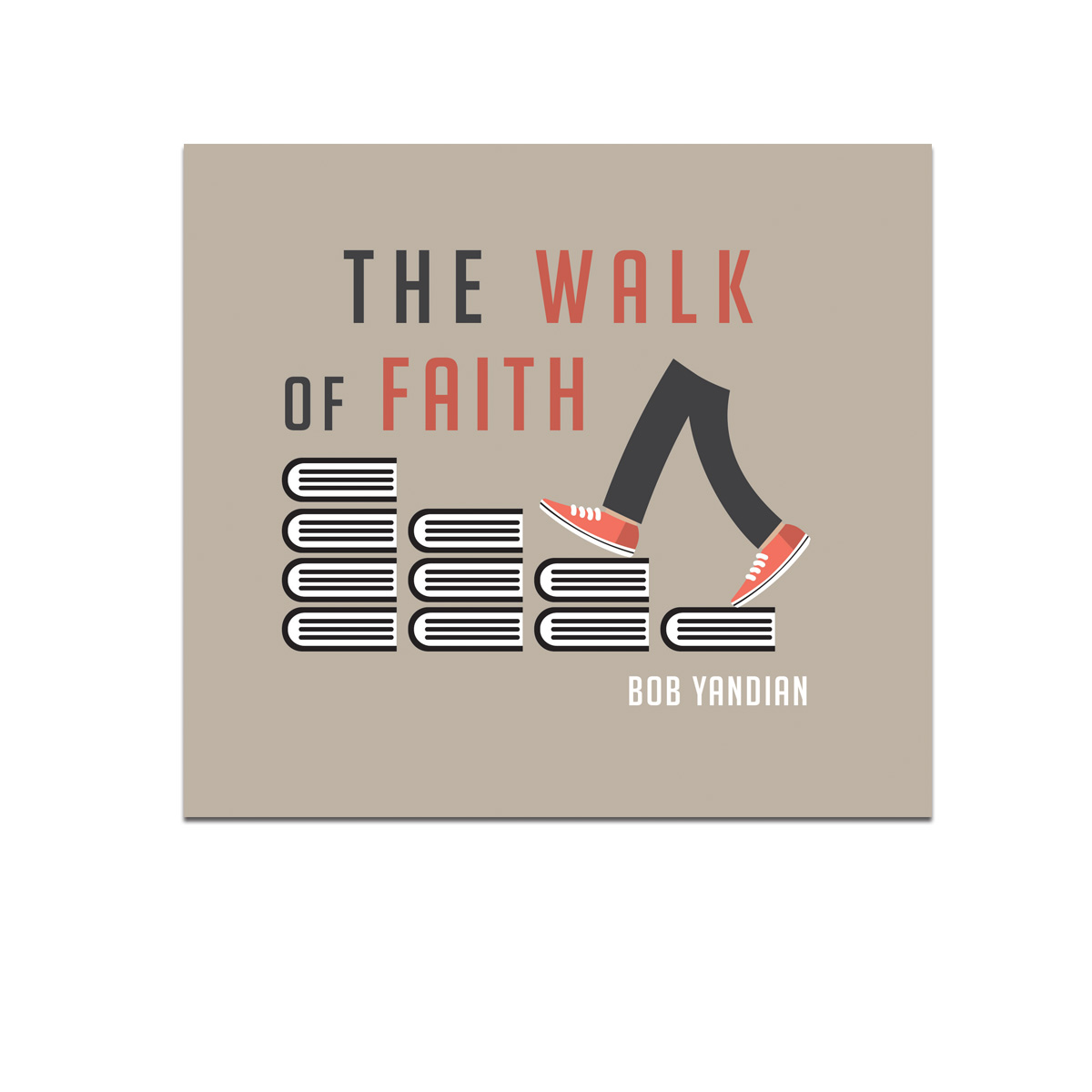What is a Blood Covenant?
Bob Yandian
In parts of the world, and in most all times, a blood covenant was the strongest type of covenant two people could enter into. It has been used in civilized as well as primitive nations to unite two people together in marriage, business or friendship.
The covenant was made when the blood of two individuals was mingled. It could be done by cutting the palms of the individuals and then the shaking of hands combined the blood. It could also be that a few drops of blood from each person could be mingled in a glass of wine and then drunk by both, although the Bible forbid the drinking of blood. In either case, the blood was mixed, thus indicating that two lives were mixed. Or finally, an animal’s blood could be shed as representative of both individuals mingling their lives together. After all, “the life is in the blood.” The cutting of the skin and mingling of blood left a permanent scar as a reminder of the covenant from that time on.
God’s Covenant with Man is Symbolized by Blood Covenant
In Genesis fifteen, when God entered into covenant with Abraham, substitutes were used. After all, how could God bleed except through a substitute. God introduced the covenant by saying He now would be Abraham’s “shield and exceeding great reward” (Genesis 15:1). God would be Abraham’s protector and provider from that time on. Since God and Abraham were in covenant with each other, they shared each other’s assets and liabilities. Abraham had nothing but liabilities and God had nothing but assets. Abraham certainly got the better end of the covenant with God. The blood of a heifer, goat, ram, turtle dove and pigeon were mingled to represent the blood of Christ shed for us on the cross. Through this act, God and Abraham began a covenant which is still in effect today, faith in Jesus’ sacrifice for us. The innocent shed His blood for the guilty and has given God’s life to mankind ever since. We have been saved today "through the blood of the everlasting covenant" (Hebrews 13:20).
The Covenant Between David and Jonathan
“The soul of Jonathan was knit to the soul of David, and Jonathan loved him as his own soul. Saul took him that day and would not let him go home to his father's house anymore. Then Jonathan and David made (cut) a covenant, because he loved him as his own soul. And Jonathan took off the robe that was on him and gave it to David, with his armor, even to his sword and his bow and his belt” (I Samuel 18:1-4).
The Hebrew word for “made” a covenant means to cut. David and Jonathan cut a blood covenant with each other because God brought them together, they recognized it, and mingled their blood, thus joining their lives to each other. Like Abraham with God, David had more to gain from this covenant than Jonathan. But, they were not in this covenant to take, but to give. David was a shepherd, Jonathan was the son of the king. David had few possessions to give. Jonathan had the riches of the kingdom at his fingertips. David had a slingshot for his protection and Jonathan had the military of Israel. They exchanged their robes, armor, sword and belts. This meant that now, by the robe, the power and authority of the kingdom was as much David’s as it was Jonathan’s. So it was with the armor, Jonathan would be David’s protection. By the sword and bow, Jonathan would be David’s defender. And, by the belt, all children to come in their loins, would be included in the covenant. David and Jonathan were more than friends, they were covenant friends. Jonathan and David loved each other as much as they loved themselves (1 Samuel 20:4, 41, 42).
Mephibosheth
After David took the throne, he began to look for an heir of Saul and Jonathan to bless. The blood of his covenant with Jonathan was demanding that he find if anyone was still alive he could share Jonathan’s generosity with.
“David said, "Is there still anyone who is left of the house of Saul, so I may show him kindness for Jonathan's sake?" And there was a servant of the house of Saul whose name was Ziba. So when they had called him to David, the king said to him, "Are you Ziba?" He said, "At your service!" Then the king said, "Is there not still someone of the house of Saul, to whom I may show the kindness of God?" And Ziba said to the king, "there is still a son of Jonathan who is lame in his feet." So the king said to him, "Where is he?" And Ziba said to the king, "Indeed he is in the house of Machir the son of Ammiel, in Lo Debar." Then King David sent and brought him out of the house of Machir the son of Ammiel, from Lo Debar. Now when Mephibosheth the son of Jonathan, the grandson of Saul, came to David, he fell on his face and prostrated himself. Then David said, "Mephibosheth?" And he answered, "Here is your servant!" So David said to him, "Do not fear, for I will surely show you kindness for Jonathan your father's sake, and will restore to you all the land of Saul your grandfather; and you shall eat bread at my table continually. 13 So Mephibosheth dwelt in Jerusalem for he ate continually at the king's table. And he was lame in both his feet." (2 Samuel 9:1-7,13)
Mephibosheth was the son of Jonathan. He was included in the blood covenant with his father and David, but he never knew it. He grew up hating David. He believed all the reports put out by his grandfather Saul, that David stole the kingdom from the king he served and from Jonathan, David’s best friend.
When Saul and Jonathan died, Mephibosheth’s guardian grabbed him and ran for their lives. While she was running she dropped Mephibosheth and he was crippled in his feet from that time on. He was raised in poverty among Arabs and grew up all his life knowing he was the one surviving heir to the throne but thinking David had stolen it from Saul, Jonathan and him. He had spoken badly about David for years and secretly feared the day David would find out about him, discover his location and have him killed. Then one day his worst fears came to pass. He was taken by David’s servants and brought face to face with David.
Seen Through the Eyes of the Covenant
But David saw Mephibosheth through the eyes of the covenant he had made with Jonathan before he was killed. David looked on Mephibosheth and saw Jonathan. What Jonathan had poured out in love to David, David got to pour out in love on Jonathan’s son. When Mephibosheth saw the benevolence of David poured out on him, he was shocked. He then called himself a “dog” (vs. 8).
I’m going to take a small amount of liberty with the story at this point. Putting a few things together from what is written, I want to address what must have been going through Mephibosheth’s mind. It must have first struck him that he had David figured out all wrong. He had believed a lie about David. David was a man of love and not of vengeance. David was thinking of Mephibosheth above himself. Why would David do this to a poor son of Jonathan? Why would David treat a lame man with such honor and give him back so much of what his father and grandfather used to own? Why would David make Mephibosheth like one of his own sons?
As Mephibosheth laid in the floor, David reached down to lift him up. Mephibosheth saw in David’s hand a scar. That was the same scar he remembered in the hand of his father, Jonathan. And suddenly he understood it. David and his father were in blood covenant together. He was receiving a blessing into his life today that began before he was ever born.
“But the king spared Mephibosheth the son of Jonathan and grandson of Saul, because of the Lord’s covenant between David and Jonathan the son of Saul” (2 Samuel 21:7).
He was not blessed by anything he had done or could do. He was wealthy and powerful since birth and did not know it. He lived poor because of ignorance, not because of David’s hatred.
Our Blood Covenant
So it is with our covenant. We received God’s righteousness, not because of our own worth, but because of a covenant made long before we were ever born. We are crippled in our feet because of a fall also, the fall of Adam. God overlooked it when we came and bowed before Him in total submission to Jesus Christ. God called us by name as David did with Mephibosheth. God has given us an inheritance and called us to eat at His table every day. Even though our feet are still crippled, we can eat at a table which covers our feet. All we do is continue to feast at Jesus’ table and our crippled feet will never be seen. Oh, the power of daily fellowship with God.
This covenant can never be broken. It was really not drawn up between Abraham and God, but between God and Jesus Christ. Neither one can break the covenant.
God, determining to show more abundantly to the heirs of promise the immutability of His counsel, confirmed it by an oath “that by two immutable (unchangeable) things in which it is impossible for God to lie, we might have strong consolation, who have fled for refuge to lay hold of the hope set before us” (Hebrews 6:7,8).
Our covenant can never be broken because it was drawn up by two sides which will never change or break the covenant, God the Father and His Son, Jesus Christ. We joined an unchangeable covenant. We are one with God the Father and the Lord Jesus Christ. You can’t tell where the Father stops, and Jesus begins or where Jesus stops and we begin. We are truly united as one. And besides, how do you unmingle blood?
